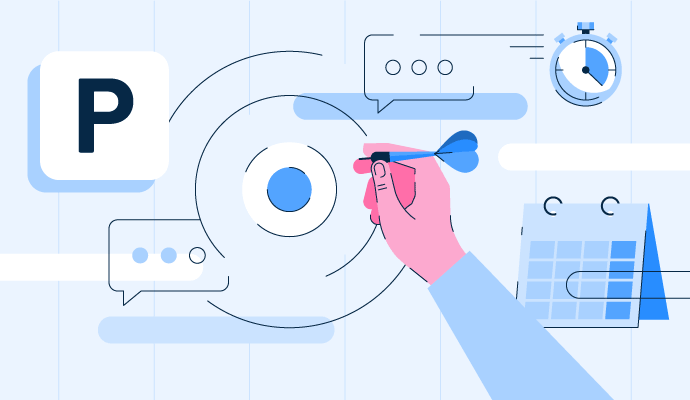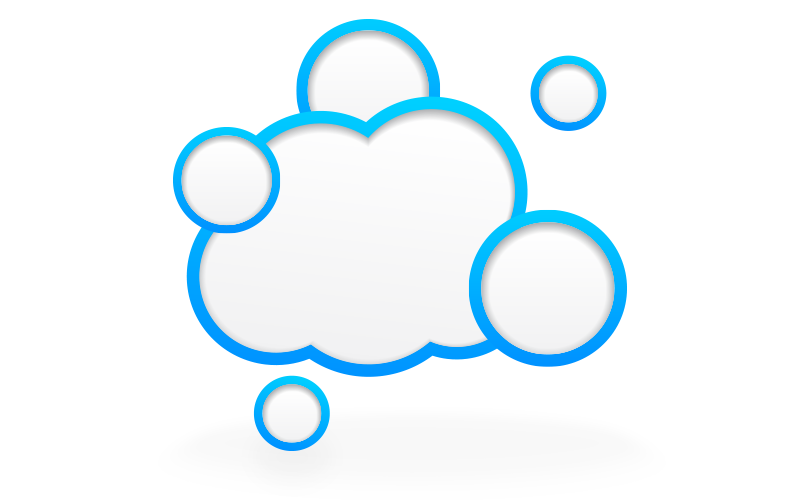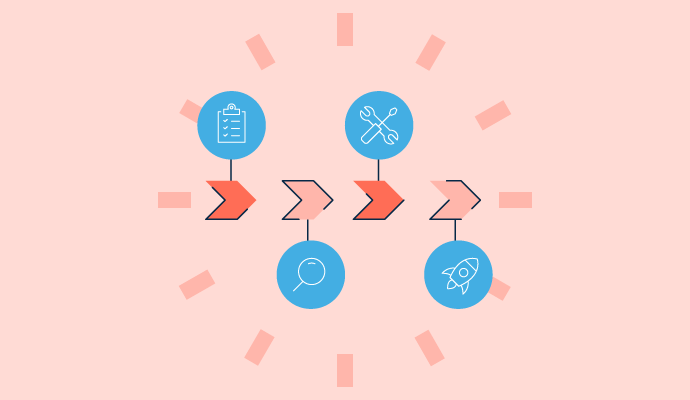What is project management?
Project management is the planning, execution, and completion of a project's small tasks. Project managers and their teams use a company’s resources to strategically organize and achieve one-time efforts or ongoing business goals.
Vital when it comes to delegating responsibilities and tasks, project management is an integral organizational function that helps define project goals and objectives. Project management teams also oversee quality control checks to ensure that project milestones are completed by their deadlines.
Businesses implement project management software to boost collaboration and help cross-functional teams execute projects. The technology allows users to assign work, track project progress, and monitor productivity levels.
Why is project management important?
The importance of project management extends beyond maintaining project success regularly, which is a significant business benefit in itself.
Teams across departments seek leadership, direction, and goal alignment from project management because they are adept at launching new product lines and growing revenue channels. Company project management is key to proactively and continuously improve operational efficiency. A well-built project management team navigates complex task issues, removes roadblocks, and makes data-driven business decisions embedded in collaborative planning.
Types of project management methodologies
Since the field of project management is multidisciplinary, its approaches differ from one company to another, and they change depending on the project’s nature, phases of project planning, and the stakeholders involved. The three most common project management methodologies are below.
Waterfall project management
Similar to traditional project management, the waterfall method of working has a linear system of steps and progress flows. A step cannot be initiated until the one before it has been completed. The entire flow works in one direction.
Each task sequence and timeline has to be accurately defined when working with a waterfall project. A minor disruption can quickly cause an imbalance of goals and objectives, delaying project completion.
Agile project management
Agile management, in business terms, is the application of specially-designed agile software development as detailed in the Agile Manifesto.
In project management, an agile approach refers to an iterative process heavily focused on monitoring current working systems and improving them for enhanced performance and deliverables.
Agile project management doesn’t have a sequential approach to achieving tasks. The methodology prioritizes customer value and team interactions. Project phases are completed in sync with each other and allow for extensive teamwork.
Lean project management
Project management is about increasing efficiency, and the lean methodology centers on avoiding wasted time and company resources. The approach minimizes asset use while maximizing output value.
Lean project management best suits small businesses. It’s also a great approach for companies during economic downturns because project budgets and resources decrease and become less available.
Project management tools
Various tools make project management more effective depending on the project manager’s workflow and project needs.
- Dashboards: Project dashboards simplify project tracking and monitoring. These tools are most beneficial during the project execution phase.
- Gantt charts: Gantt charts are a form of data visualization that helps teams manage multiple projects simultaneously. Best for tight deadlines, they help create a visual project roadmap.
- Kanban boards: For agile teams, kanban project management boards maximize productivity and limit work in progress. These easy-to-use, visually-appealing boards can be physical or digital.
- Project management software: Project management tools are great for planning, monitoring, and reporting. They are often used with task management solutions to manage individual tasks and workflows. Businesses choose either of the two platforms depending on the project's use cases, scale, and scope.
Benefits of project management
To get the most benefit from setting up a project development team, companies must ensure that team members' top priorities are managing cross-functional communication and using goal alignment best practices. Other benefits include:
- Increased efficiency and output. Project managers are dedicated to ensuring tasks get done at the right time to guarantee smooth workflows. A project management team allows sales reps, product teams, and marketers to focus on product development, launches, and selling.
-
Enhanced transparency and accountability. By diving into project specifics, project managers provide better clarity around project reporting, budgeting, and timelines.
Managers keep all stakeholders accountable to positively impact the business’s bottom line through frameworks like the responsibility assignment (RACI) matrix. - Improved organizational growth and development. Departments across the company benefit from having someone who pays attention to the technicalities of each task. Project managers ease stress and enable more collaboration for exploring new approaches to deliverables.
Project management vs. program management
While project and program management aim to improve business performance, the subtle distinction between the two processes differentiates them.
Project management is concerned with creating, managing, and maintaining project deliverables. Project managers are responsible for identifying project scope, product or service delivery, keeping projects on track, and managing the costs associated with the specific project.
Program management focuses on stakeholder value by mapping out programs that can be tied to business objectives to achieve organizational change and performance. Program managers are accountable for prioritizing strategic initiatives and managing interdependencies between projects across the company.
Project management vs. product management
Both project management and product management are essential for making business decisions and attaining goals.
Project management focuses on project initiatives and ensures they are seen through to completion. Every project has a definite start and end point, and the project management team’s role is to keep everything on track with deadlines and budgets to establish outcomes.
The primary responsibilities of product management revolve around creating a successful and well-maintained product lifecycle. Product managers help the organization align the product roadmap with the customers and the current market.
Project management is all about goal alignment. Learn more about goal setting and how to set actionable objectives for your next project.

Aayushi Sanghavi
Aayushi Sanghavi is a Campaign Coordinator at G2 for the Content and SEO teams at G2 and is exploring her interests in project management and process optimization. Previously, she has written for the Customer Service and Tech Verticals space. In her free time, she volunteers at animal shelters, dances, or attempts to learn a new language.


